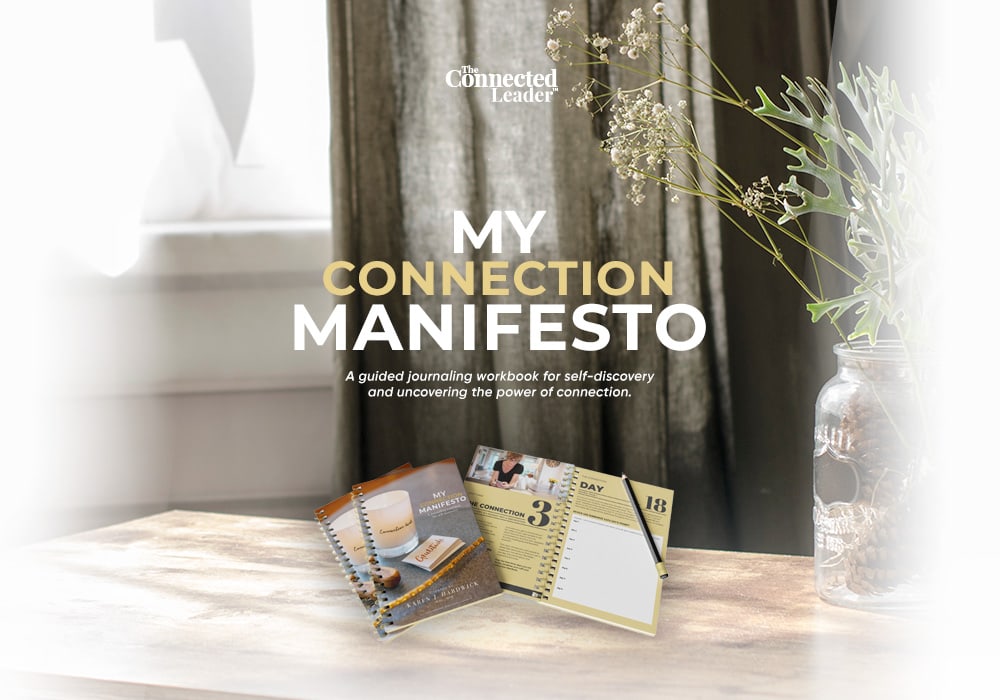And Why You Need It
This article originally appeared in Forbes on May 16, 2019. Please click here to view original article.
Degrees. Promotions. Bonuses.
In our run-faster, get-as-much-as-you-can world, confidence is an important ingredient in the recipe of success. It fuels us to accomplish just one more thing. It drives us as we hustle for outward signs that we are worthy. It encourages us to develop the skills necessary to be competent, even an expert.
Yet, as I personally navigate life’s messiness and sit with corporate leaders every day who make a difference, I find that another kind of confidence is needed: courage-based confidence.
Courage-based confidence is the peace that comes from having done the inner work necessary to move through fears, lean into all emotions, accept painful truths and embrace your gifts in order to create the impact you are designed to have. It flows from failure and struggle. As a result of accepting this hard-earned wisdom, we experience a heightened sense of belonging to ourselves and hence others that directs our decisions and how we show up.
Take a moment to pause and think about the times you went within — the times you had to figure out what you were made of, pulling from an inner strength. This journey within takes courage. We learn that what we thought would break us actually remakes us. We trust that when life is falling apart, perhaps it is falling into place. We learn that if nothing changes, nothing changes.
With courage-based confidence riding shotgun, we can choose a life of meaning, practice gratitude in the face of difficulty and move forward with hope, even when others would totally understand if we sat this one out.
I have learned the importance of this courage from exceedingly talented executives who spend months looking for their next job, wondering how someone with their track record of results and transformative leadership could be passed over so many times. I have also learned the importance of this courage from whole teams that rally in the face of tremendous failures and change, and clients who share with me the personal struggles their families face behind closed doors, yet they still show up to work vulnerable, honest and determined to make a difference.
With courage-based confidence riding shotgun, we can choose a life of meaning, practice gratitude in the face of difficulty and move forward with hope, even when others would totally understand if we sat this one out.
There are four beliefs that serve as cornerstones on which courage-based confidence is strengthened:
- Live a hero’s journey.
We all live our own version of The Odyssey. Therefore, pay attention to lessons along the way. This is the call of leadership: to step out of the ordinary, resist damaging distractions by finding a strong mast to which we can tie ourselves, battle with monsters within and without, and share the wisdom that inspires greatness. As you navigate chaos — whether it comes in the form of a corporate reorganization, starting a new position, terminating an employee whose behavior is unacceptable or dealing with a health crisis — what are you learning about yourself that you can share with others? What themes fill your days as you grow and evolve? What fears do you need to confront? - Rise up.
Take a look at the times you felt defeated, overwhelmed, misunderstood or abused. Regardless of the circumstances, something inside of you said, “Get up.” Something within said you could flourish, not just bounce. Something deep inside took you by the hand and revealed your reservoir of grit. You experienced the exquisite sense of connection that comes from sharing dark times with those who could truly hear you. Pull on these. What is it that works on you when you want to give up? What is saving your life? Do you use exercise, meditation, conversations with others to get you through? When you don’t get what you thought you wanted, what rituals do you have on which you can depend? - Welcome failure.
Wisdom is found in mistakes and failures. I wish it could be different, but it just isn’t. Fall down seven times, get up eight. And when you are down, pause, look up and listen deeply. Do you have the courage to get out of the way and let failures work their magic? Do you have a circle of trusted confidantes with whom you can process your struggles, your mistakes? Are you prepared to do hard things? - Self-awareness is a superpower.
Some CEOs turn the tide. Some head coaches have winning seasons. Yet, regardless of environment, true leaders are those who create and sustain success by being authentic, vulnerable and open to feedback. These are the leaders who aren’t solely focused on driving the achievement of goals, as critical as this is. These are the leaders who realize what they are not changing, they are choosing. And these are the leaders who realize not everyone is going to like them, which sometimes means they are delivering a message that requires others to look at themselves.


